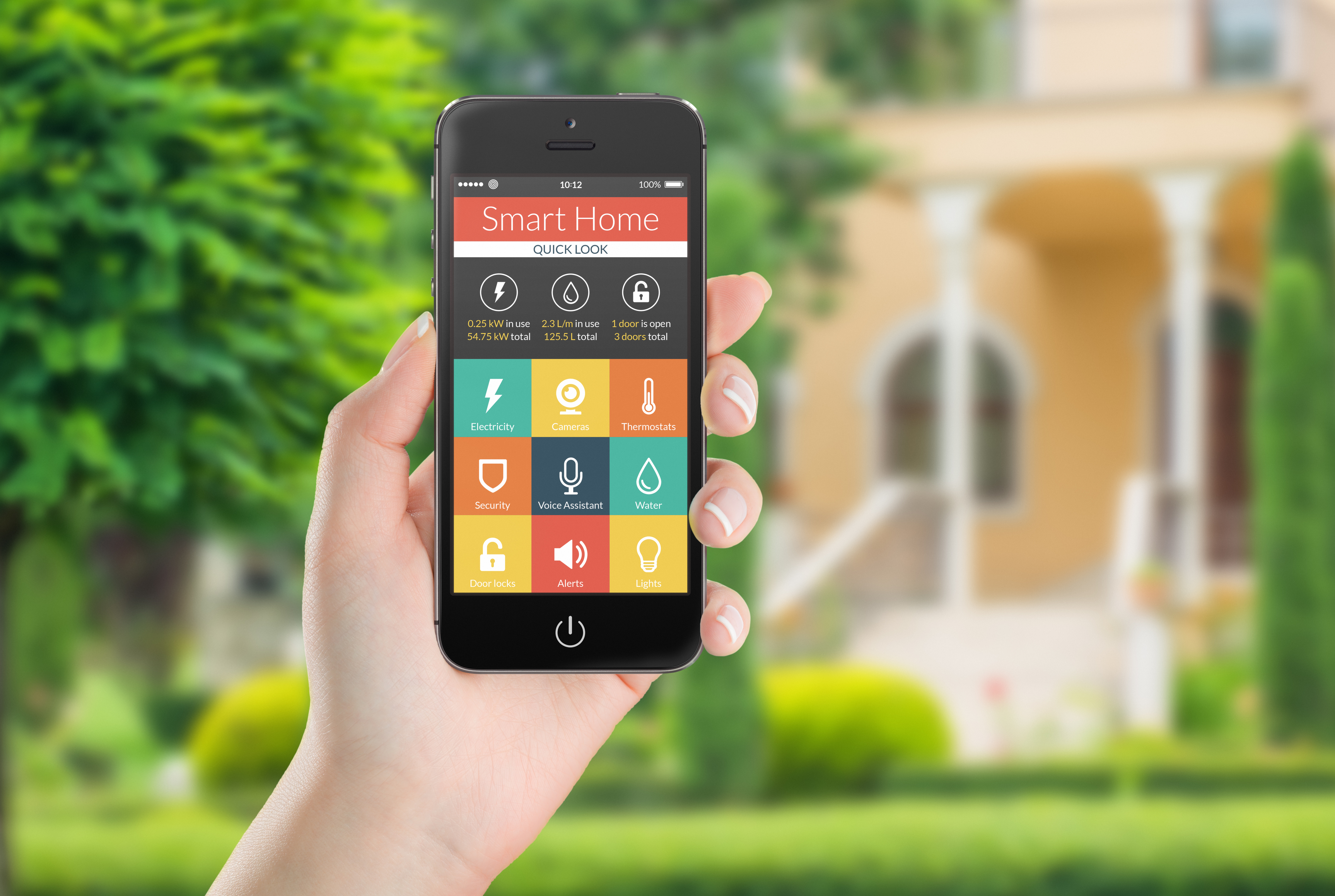It is what a research by Whirlpool USA says and it is confirmed by GfK data. The Internet of Things is no longer abstract neither far.
From America to Europe, but also in other regions of the world, the IoT technologies and the connected appliances are more and more known and familiar.
To understand to what extent this is true and what consumers expect from these new home automation solutions, Whirlpool has conducted a research involving a panel of homeowners, according to which 69% of consumers have a good familiarity with the smart home, and 45% believe their house is already smart.
In addition, 66% of respondents state that the next appliance they will purchase will presumably be a smart model.
But how do they think it is a smart home? In the collective imagination, it is described as a set of devices connected together to a common network that automates and controls the functions of the various devices. The definition given is therefore already very close to reality, further confirming that the automation is anything but science fiction.
Among the advantages reported by respondents the most significant is by far the ability to control products remotely: the ability to turn on and off appliances, check their status and adjust its parameters remotely are perceived as the most advantageous factors in owning a connected device.
No less important is then the increase in free time and simplification in certain domestic operations by the use of related equipment, considered a great benefit by 84% of respondents.
The search for Whirlpool has also investigated the expectations of consumers about the appearance of smart products of the future: the majority imagine design of the intelligent home appliances modern and futuristic with intelligent technologies, not visible to the eye.
Interfaces and easy to use controls as well as the quality of construction materials are, however, what matters most for 91% of consumers.
Asking how much they would spend for a smart product, almost a quarter of homeowners are not willing to spend 5-15% more than a conventional product.
The concept of the connected home is increasingly popular and familiar for the end user in Europe. According to GfK data at the half of 2016, the value of the connected equipment has tripled compared to January 2015: from 82 million euro to 225 million. In the first half of 2015 in Germany, France and the United Kingdom the major brands that have proposed smart appliances increased from 5 to 6 and the number of items offered by 173 to 218.
Main results of Whirlpool survey
| Percentage consumers that: | |
| know the smart home | 69% |
| think they already have a smart home | 45% |
| will buy a smart appliances | 66% |
| think remote control and free time the bigger advantages of a smart appliance | 84% |
| Want interfaces easy to use | 91% |
Source: Whirlpool Smart Home survey – United States
Smart Home Germany, France and UK
| 2015 | N. brands | N. smart items |
| January | 5 | 173 |
| February | 6 | 184 |
| March | 7 | 190 |
| April | 6 | 200 |
| May | 6 | 216 |
| June | 6 | 218 |
Sorce: GfK




